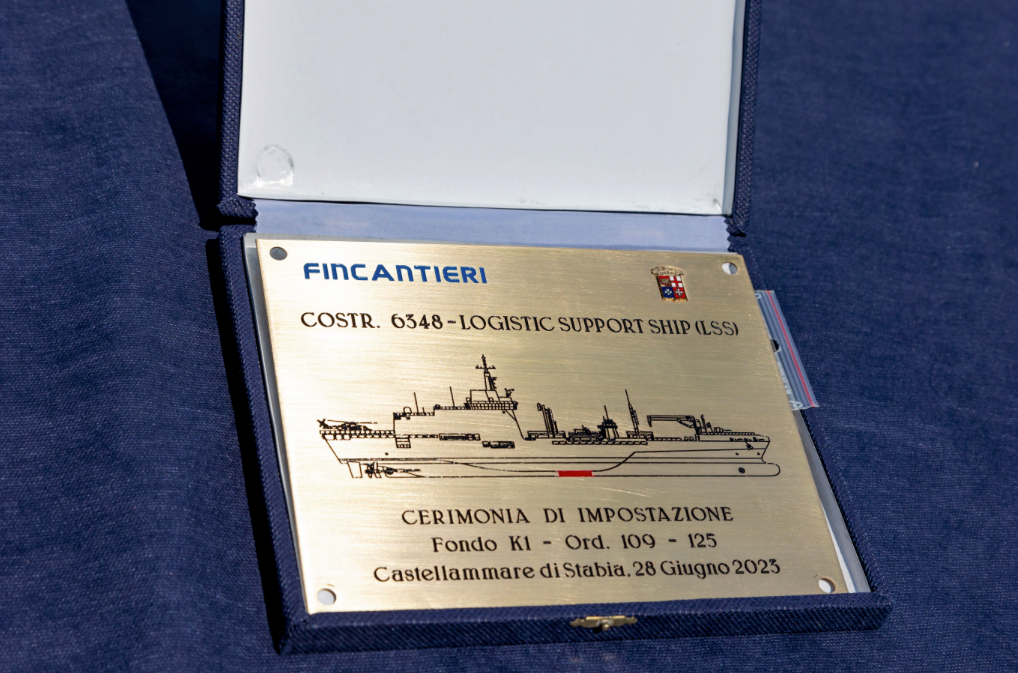
On June 28, 2023, the Fincantieri shipyard in Castellammare di Stabia in Naples witnessed the keel laying ceremony of the second Italian Logistic Support Ship (LSS), Atlante.
This marks another step forward in the collaborative efforts between Italy and France, under the auspices of the Organisation for Joint Armament Co-operation’s (OCCAR’s) LSS Programme Division.
The LSS Atlante is set to play a crucial role in supporting Joint Task Forces by providing essential services such as refuelling at sea, supplying spare parts, food, drinking water, specialised medical products, equipment, and various other materials. Additionally, this versatile vessel will also be actively involved in civil protection roles and disaster relief operations, further highlighting its significance in times of crisis.
The LSS Atlante is scheduled for launch in 2024, with the Italian Navy anticipated to receive delivery at the end of 2025, as part of a contract worth €410m ($444m), inclusive of the ship’s combat system.
With this development for Italy’s defence capabilities, Fincantieri is making progress towards completing the goals of the country’s “Naval Act” programme. This comprehensive initiative, spanning multiple years, is designed to fortify Italy’s at-sea capacity, and as part of this endeavour, Fincantieri is currently constructing seven multi-purpose offshore patrol vessels (PPA) and the “Trieste” Landing Helicopter Dock. These new vessels are set to play a pivotal role in safeguarding Italy’s maritime interests.
In 2021, Fincantieri successfully completed the delivery of the Vulcano LSS, constructed at the Castellammare di Stabia shipyard. The French Navy also recognised the value of this project and acquired it for the Flotlog programme. This programme entails the construction of a fleet of units in at the same shipyard.
Italian ships of all three classes share a versatility in adapting to different profiles of use, not only serve military purposes but also find application in various non-military endeavours. Notably, they can be used to bolster civil protection efforts during humanitarian assistance and disaster relief operations.







